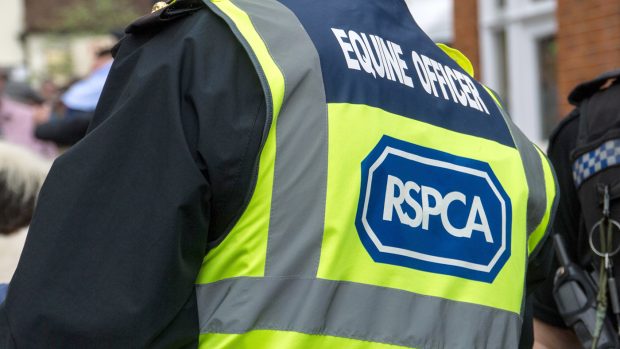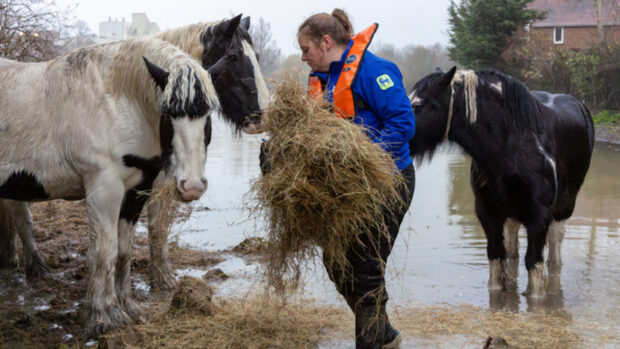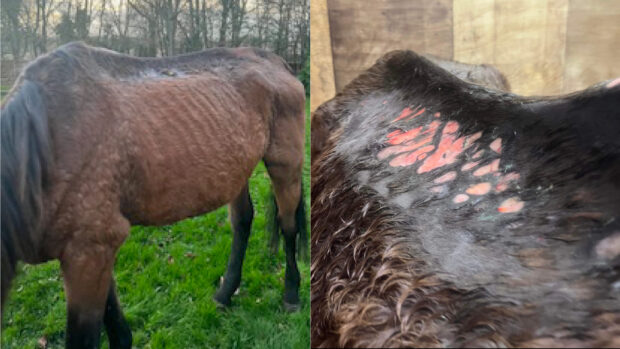The RSPCA has been calling attention to instances when animal welfare laws have proved inadequate, particularly where a person has been convicted of cruelty but is still in contact with animals.
This week the example of John Cooper pertinently came to light. Mr Cooper was convicted of six charges of cruelty in January 2000, and in addition to paying £1499 in fines, was told he could never keep animals again.
However it has come to people’s attention that he still owns the land where his horses were found in a terrible state in 2000, and several horses have been seen grazing there in the past week. Locals are now concerned for the animals’ future.
“The loophole is in the Protection of Animals Act of 1911,” an RSPCA spokesman told HHO.
“The problem is that even if you have been outlawed from keeping animals as a result of cruelty, it does not stop you having close contact with them, particularly if you share a house with an owner, or work with the owners.
“It is difficult for us to prove in an instance such as this whether the person concerned is breaking the law, which is frustrating.”
The RSPCA, along with many other animal welfare groups have been consulting with the Government on the Animal Welfare Bill which, it is hoped, will close loopholes such as these as well as others.
“Another problem is that as the law stands we have to wait until suffering has occurred before we can bring a prosecution against somebody.
“We are looking to be able to act where we think suffering is likely as a preventative measure.”
The Animal Welfare Bill is currently going through Parliament and the final legislation is not yet in place, but many groups are hopeful that in the future, people found guilty of animal cruelty will not find it so easy to have constant access to animals.




